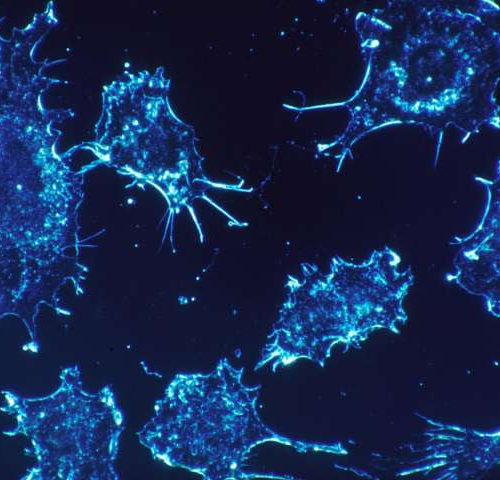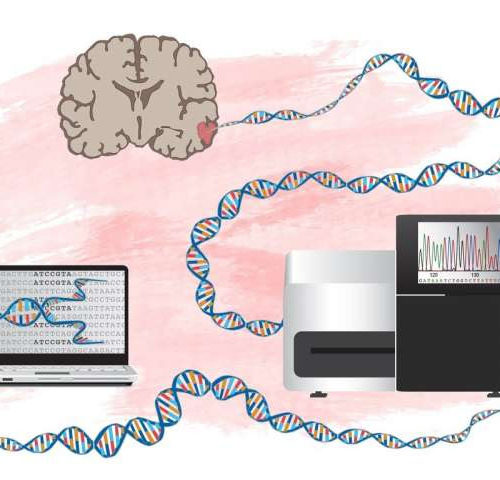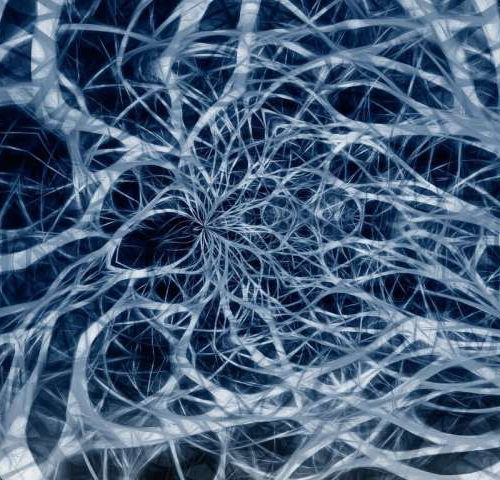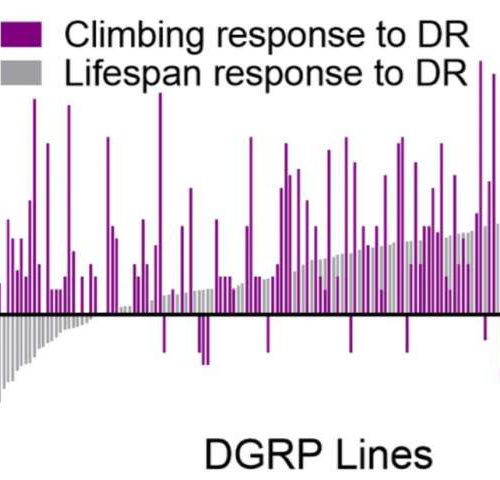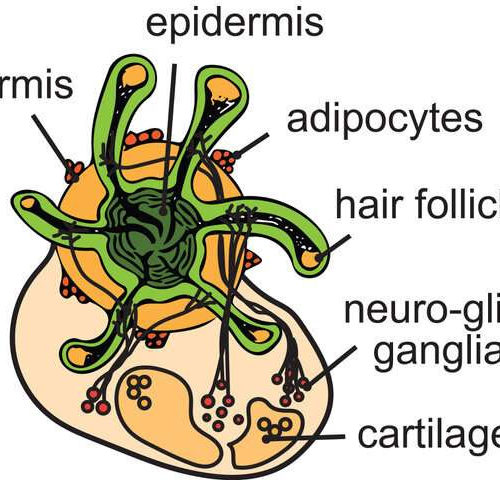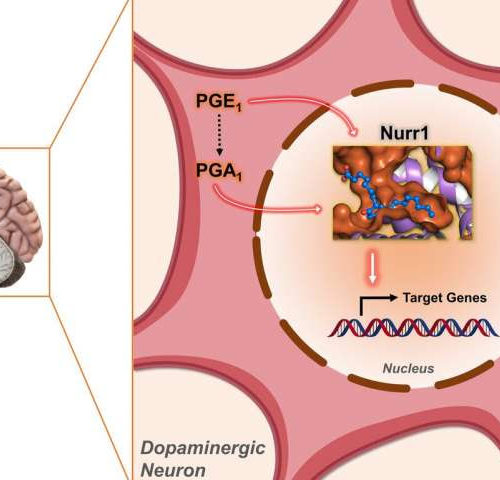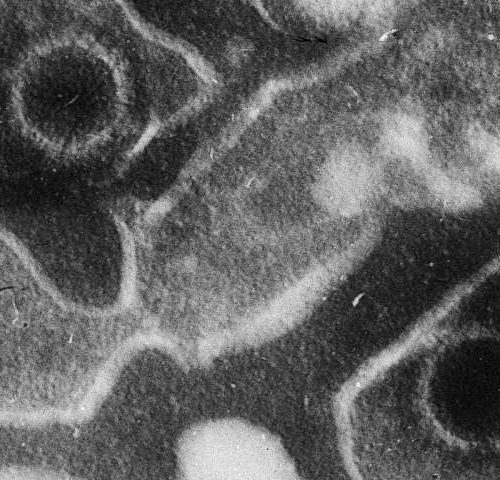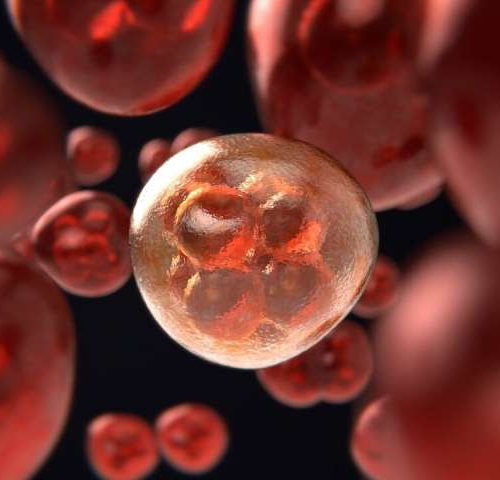by Johannes Angerer, Medical University of Vienna A MedUni Vienna study group has identified a previously unknown mechanism involved in the development of intestinal cancer: The bacterial microbiome activates the so-called immune checkpoint Ido1 in Paneth cells, a special cell that is only found in the gastrointestinal tract, thereby preventing local intestinal inflammation. However, this...
Tag: <span>biology</span>
Link between liver and heart disease could lead to new therapeutics
A new study that looks closely at the cardiac health of flies provides new evidence that liver dysfunction may lead to deterioration of the heart. The research fills in gaps in how scientists understand the links between heart health and other tissues and could inform the development of new therapies in human medicine, said Hua...
New method created for identifying genes behind brain tumors
by Uppsala University Researchers at Uppsala University have developed a method for identifying functional mutations and their effect on genes relevant to the development of glioblastoma—a malignant brain tumor with a very poor prognosis. The study is published in Genome Biology. The human genome consists of nearly 22,000 genes. Many studies have explored the nearly...
Potential biomarker identified to screen quality of donor’s stem cells before harvesting
Durham, NC – A new study released today in STEM CELLS addresses a significant problem that has been confronting human mesenchymal stem cells (hMSCs) therapy. While hundreds of clinical trials involving thousands of patients are under way to test hMSCs’ ability to treat everything from heart disease to brain injury, there has been no way...
Stimulating research gives new treatment hope for Tourette Syndrome
by University of Nottingham Scientists from the University of Nottingham’s School of Psychology and School of Medicine used repetitive trains of stimulation to the median nerve (MNS) at the wrist to entrain rhythmic electrical brain activity—known as brain-oscillations—that are associated with the suppression of movements. They found that rhythmic MNS is sufficient to substantially reduce...
Eat less and live a long healthy life? Study shows ‘not in all cases’
by Buck Institute for Research on Aging Each of the analyzed fly strains arranged by response to dietary restriction. The overlapping bars show the increase or decrease in lifespan (grey bars) or healthspan (purple bars) when that fly strain underwent dietary restriction. Most strains show positive responses, but a number of strains show negative responses...
Hairy, lab-grown human skin cell model could advance hair loss research
by Oregon Health & Science University skin model in the lab that could be used to better understand and treat hair and skin disorders. Credit: Karl R. Koehler and Jiyoon Lee, Boston Children’s Hospital/Harvard Medical School. A new, hair-sprouting dollop of human skin created in the lab might one day help prevent hair loss. Organoids...
Molecular pair offers potential for Parkinson’s treatment, study finds
by Nanyang Technological University A promising molecular pair has offered hope that could lead to the development of a new treatment to slow down Parkinson’s disease, a study by Nanyang Technological University, Singapore (NTU Singapore) and Harvard University has found. Parkinson’s disease is the second most common neurodegenerative disorder after Alzheimer’s disease, affecting 7 to...
A new way to control Epstein-Barr virus
by Chris Palmer, University of Utah Health Sciences This electron microscopic image of two Epstein Barr Virus virions (viral particles) shows round capsids—protein-encased genetic material—loosely surrounded by the membrane envelope. Credit: DOI: 10.1371/journal.pbio.0030430.g001 A team of researchers at University of Utah Health have shown the Epstein-Barr virus—which causes mononucleosis and is linked to development of...
Greedy for glucose: Cancer cells rely on a primeval energy-producing pathway to proliferate and spread
by Delthia Ricks , Medical Xpress To fuel their rapid proliferation, tumor cells rely on glycolysis, a primordial metabolic pathway that is easily exploited by cancers to gain energy to grow—and spread. Glycolysis is the oldest form of energy production in living cells. It has been around for billions of years, having emerged before oxygen...

